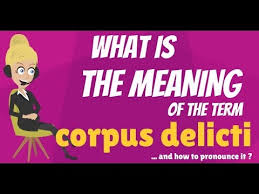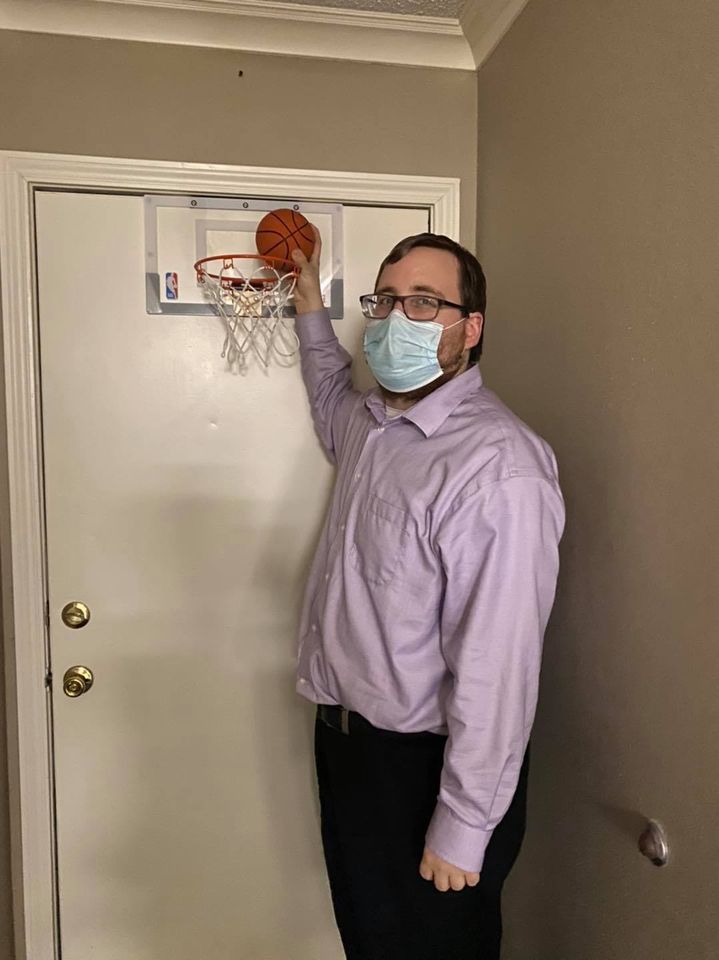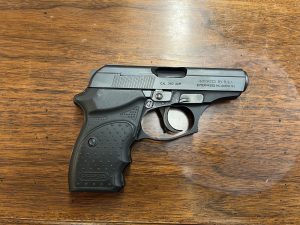DWI and Texas Driver’s License
Did you know that a DWI can affect your Texas Driver’s License?
A DWI arrest may result in a suspension of your Texas Driver’s License. Having an experienced DWI law firm behind you is very important in protecting your rights. It is *incredibly* important to have a DWI Lawyer experienced in protecting your Texas Driver’s License.
How can The Coffey Firm help with my Texas Driver’s License after a DWI arrest?
The Coffey Firm is very familiar with the DWI license suspension process, described in more detail below, and has multiple lawyers who handle the ALR hearings. We even have one DWI lawyer dedicated to ALRs and other Texas Driver’s License matters. This includes petitioning for clients to obtain an Occupational Driver’s License (ODL) to allow clients to drive for essential needs during a DWI suspension. Rest assured that The Coffey Firm will fight to protect your Texas Driver’s License to allow you to live your life with as few restrictions as possible.
DWI and ALR Driver License Suspension
The main suspension that affects a person arrested for DWI is call the Administrative License Revocation (ALR) suspension. After police make a DWI arrest, the law requires them to read what is called a ‘statutory warning’ (DIC-24) to the person arrested for DWI. This warning goes over the consequences of giving breath or blood (a “failure” case if BAC is .08 or higher), and the consequences of *refusing* to give breath or blood. If you “refuse,” police must obtain a warrant to do a DWI blood draw. Keep in mind that on a ‘refusal’ case, DPS only has to prove everything up to the refusal itself. This means that for a ‘refusal’ case, DPS does not care about the actual blood result.
You have 15 days from the date of arrest (not the date of release or date of charge) to request the ALR hearing.
The consequences of a “failure” case are a 90 day suspension on a first time DWI arrest or a 1 year suspension for a second or more DWI arrest within 10 years. However, if you have a prior older than 10 years, then the clock essentially resets back to the first time DWI arrest. For example, a DWI arrest in 2023 when your prior occurred in 1991 will mean you only face a 90 day suspension in a ‘failure’ case.
The consequences of a ‘refusal’ case are a 180 day suspension on a first time DWI arrest or a 2 year suspension on a second or more DWI arrest within 10 years. As with the ‘failure’ cases, a prior DWI arrest from over 10 years ago does not affect you. So, a prior DWI suspension from 1991 would not affect a 2023 DWI suspension, at least for the ALR.
How does the DWI criminal case affect my Drivers License suspension?
If a jury finds you not guilty of DWI, then the ALR suspension goes away once DPS receives notice of the DWI not guilty.
But, here is the bad news: the criminal case *generally* does not affect your ALR drivers license suspension. This means that even if the State never files a DWI case against you or gives you a DWI dismissal or DWI reduction, that the ALR suspension would not go away.
The other bad news: a DWI conviction may result in a *separate* drivers license suspension. The law allows for the criminal court to issue its own DWI suspension upon a DWI conviction. This criminal suspension ranges from 90 days on the low end (first time DWI convictions) up to 2 years.
GOOD NEWS, though: on a first time DWI conviction, courts give credit for any ALR suspension already completed. In other words, the court may give you a 90 day criminal suspension, but with credit for 90 day ALR suspension. This would mean no separate suspension on more than paper. Similarly, on a first time DWI conviction there will typically be no separate criminal suspension if you receive DWI probation and that probation requires you to complete a DWI Education Program and/or requires you to only drive vehicles with an ignition interlock installed.
What if I have a Texas CDL? Does that change anything?
Short answer: yes, having a CDL makes quite a bit of difference.
The Texas CDL primarily affects the criminal case and eligibility for DWI deferred. But, having a Texas CDL also impacts your Texas Drivers License suspensions in a strange way. The base suspension does not change, but a CDL holder may receive a CDL disqualification *separate* from the regular license suspension. A first time DWI with a CDL results in a 1 year CDL disqualification on top of the base suspension. A second results in a lifetime CDL disqualification. (*however, the law does allow for a person to reapply for a CDL after a certain amount of time following the disqualification). This means that even once the ALR suspension ends, the disqualification would prevent driving commercial vehicles, which may place employment at risk for most CDL holders.
The Coffey Firm is dedicated to protecting your CDL so that a first time DWI does not ruin your life! Our DWI Lawyers know how important your CDL is to making a living and will fight hard so that you can keep your job.
What are the consequences to driving without a Texas Driver’s License?
The main consequence that you place yourself at risk of a Driving While License Invalid (DWLI) Or While License Suspended (DWLS) ticket. Fortunately, both of these are fine-only traffic tickets most of the time. However, there are circumstances that would raise it to a Class B Misdemeanor. One of those is driving without insurance. More importantly, though, is that if it was as DWI suspension the DWLI becomes a Class B Misdemeanor. This means that rather than simply paying a ticket, police may arrest you. This is why The Coffey Firm helps clients obtain an Occupational Drivers License in the event of a suspension. With the ODL, the court grants you permission to drive for essential need during the suspension, meaning that you are legal to drive within the restrictions set by the court.
More about Mimi Coffey & The Coffey Firm
When people look for a Top DWI Attorney or Best DWI Attorney, they look for experience, certification, and respect in the legal community. Mimi Coffey is a nationally-renowned trial attorney, board-certified in DWI by the NCDD. She has been practicing for over 24 years and is an author of multiple DWI Defense textbooks. She is also a national and state-wide lecturer on the law.
The Coffey Firm handles a wide variety of cases, including Unlawful Carrying Weapon (UCW), Assault (including family violence), and Possession charges. We can also help you try to get a DWI off your record or avoid probation revocation.
Mimi is also listed on several “top criminal lawyer near me” directory listings such as Wise County DWI Lawyers, Tarrant County DWI Lawyer, Dallas County DWI attorney, Collin County DWI attorneys and Parker County DWI attorneys. Mimi is a caring DWI Lawyer in Dallas – Fort Worth. She is also involved in the Texas Tech School of Law foundation and enjoys using the skills she has developed to give back to the community.


 Despite having many problems,
Despite having many problems,  Corpus Delicti
Corpus Delicti Going above & beyond! So proud of
Going above & beyond! So proud of  “Geez, I got a DWI and on top of all that, they took my gun!” Getting a DWI is stressful. However, the police confiscating your gun after the DWI arrest is even more stressful! We, at
“Geez, I got a DWI and on top of all that, they took my gun!” Getting a DWI is stressful. However, the police confiscating your gun after the DWI arrest is even more stressful! We, at  The A+ Goals of
The A+ Goals of 

